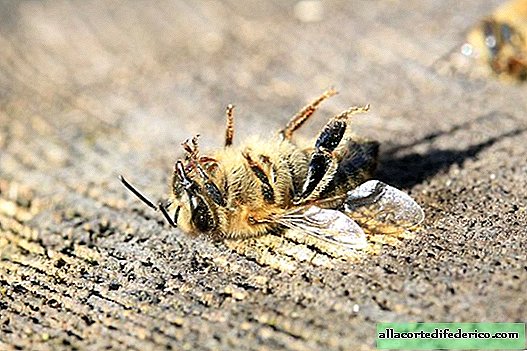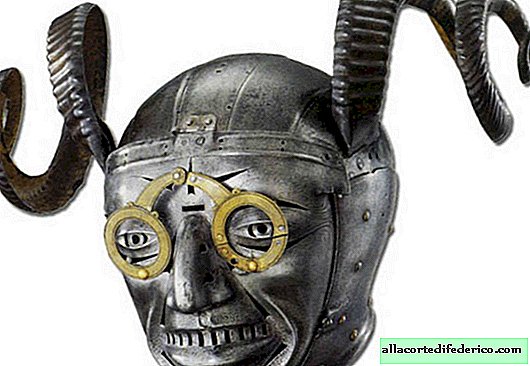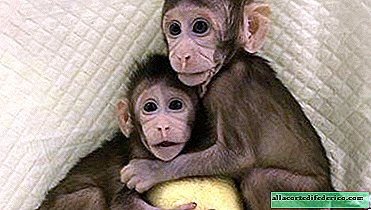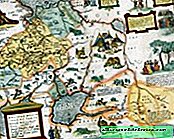Guinea pigs are not related to pigs and do not live in water, but why then they were called so
Guinea pigs are familiar, if not to everyone, then to quite a few. Someone kept these cute pets in childhood, and someone met them in the homes of friends and acquaintances. But why are these cute animals so called? We tried to figure out the origin of such a strange name.

Guinea pig, or Guinea pig (lat. Cavia porcellus) is a domestic rodent from the genus of pigs that is not found in the wild. For the first time, guinea pigs were domesticated several millennia ago by Native American peoples living in South America, and wild closely related species of domesticated guinea pigs still live in abundance in South America.
In Quechua, the name of the guinea pig sounds like “kui”. There is evidence that guinea pigs were eaten, kept as decorative animals, and in some peoples, guinea pigs were a cult animal that was worshiped. According to the researchers, the ancient inhabitants of America were the first to conduct targeted selection of guinea pigs for the necessary qualities, that is, the Indians were engaged in the selection of their domestic rodents.
After the discovery of the New World, guinea pigs came to Europe and quickly became popular in the homes of noble people. They were even bred at the royal courts as decorative animals. Over time, the popularity of these domestic rodents only increased, and today there are more than 20 breeds of guinea pigs.

As for the name of this species, there are many unsolvable puzzles and contradictions. The Latin name Cavia porcellus itself contains the word porcellus, which translates as "little pig." According to the researchers, the comparison with a pig is connected with the sounds made by guinea pigs, and possibly with the fact that the meat of these animals was eaten. In various languages, the name of this animal often contains the word "pig" or "pig", for example, "Indian pig", "Dutch pig" or "Native American pig." But here it is customary to call it a guinea pig in Russia and several other European countries, and with what this may be connected, it is still not completely clear. Perhaps the word "marine" in the name of the animal indicates the fact that it came to Europe as a result of a sea voyage. Be that as it may, guinea pigs successfully crossed the Atlantic and conquered with their good-natured appearance and the complaisant nature of the hearts of millions of inhabitants of the Old World.


















